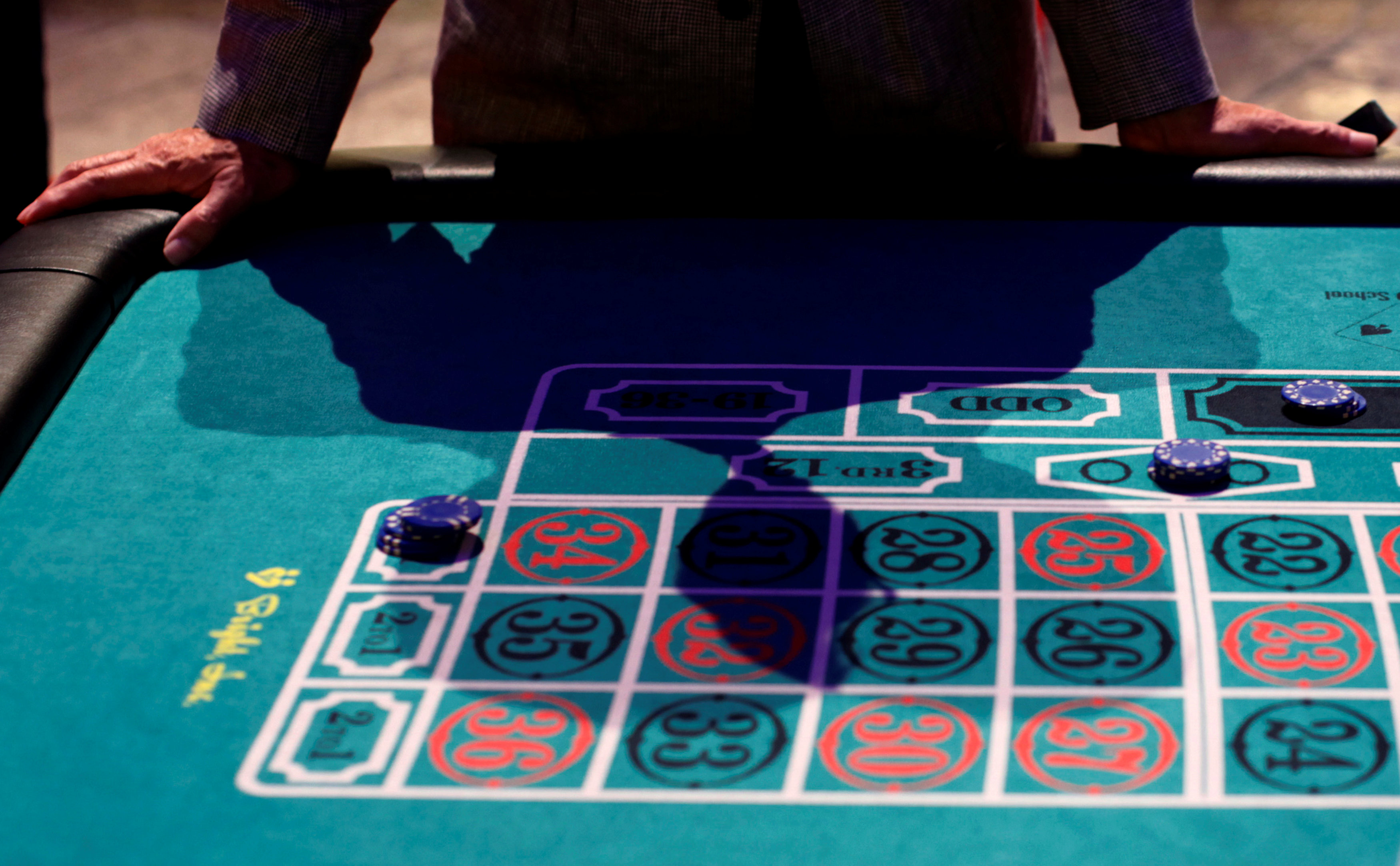In its zeal to ramrod some bills into law before the New Years holiday, the ruling Liberal Democratic Party finally legalized casino gambling, a matter that has been in legislative limbo for a number of years. However, the problems that always prevented the bills from advancing in the past have not gone away, the biggest one being Japan's perceived penchant for gambling addiction.
Even the government's own health ministry reports that more than 5.36 million Japanese suffer from some sort of gambling addiction, and while groups like Gamblers Anonymous say that passage of the casino bill will provide the government with an incentive to tackle the problem, in order to do so the LDP would first need to acknowledge its source.
According to the magazine Big Issue, 93 percent of Japanese men who say they gamble cite pachinko as their main form of betting recreation. The problem is, pachinko is not legally recognized as a form of gambling. Strictly speaking, pachinko, a mechanized game based on a crude, vertical species of pinball, is characterized as "entertainment" (yugi) in the eyes of the law. As long as winning at some game is not directly compensated with cash, it doesn't qualify as gambling, or tobaku, which is controlled under the Criminal Code.


















With your current subscription plan you can comment on stories. However, before writing your first comment, please create a display name in the Profile section of your subscriber account page.